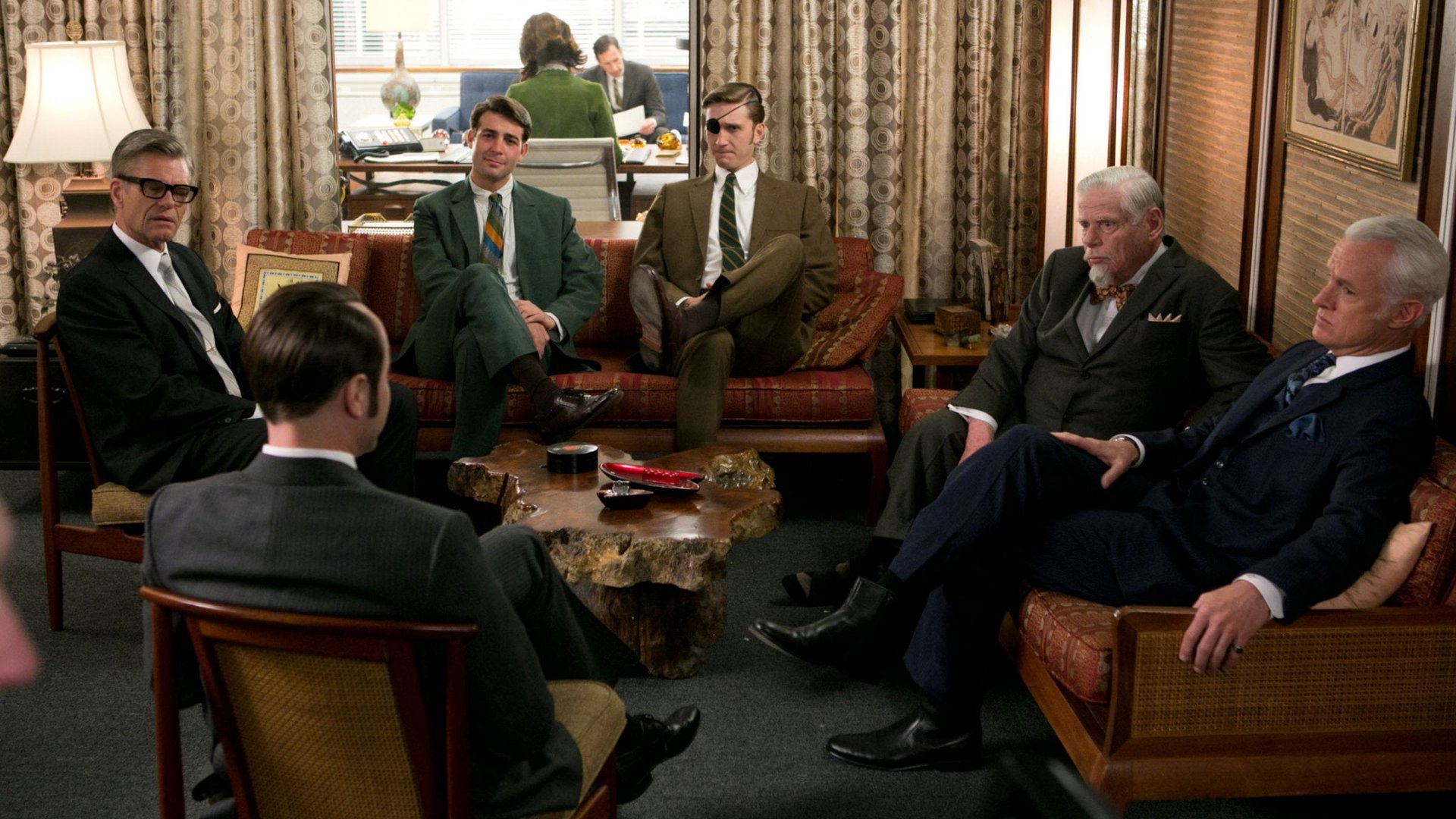The advertising industry has turned its greatest asset, people, into a commodity
With the final series of AMC’s Mad Men being dragged out until 2015, you have to wonder about the stamina of the principal characters. It’s not just the drinking, smoking, and sexual shenanigans they seem to engage in 24/7, but also the impossible deadlines as they strive to come up with “The Big Idea.” Advertising has never been particularly innocuous. A few years ago, a woman working at a Madison Avenue agency was cut in half when the elevator she was stepping into broke loose. There was also a creative director of a major agency who threw himself out of the window of his 14th floor hotel room after he’d been fired.


With the final series of AMC’s Mad Men being dragged out until 2015, you have to wonder about the stamina of the principal characters. It’s not just the drinking, smoking, and sexual shenanigans they seem to engage in 24/7, but also the impossible deadlines as they strive to come up with “The Big Idea.” Advertising has never been particularly innocuous. A few years ago, a woman working at a Madison Avenue agency was cut in half when the elevator she was stepping into broke loose. There was also a creative director of a major agency who threw himself out of the window of his 14th floor hotel room after he’d been fired.
Now, there’s news that a copywriter for Young & Rubicam Indonesia, named Ananda Pradnya Paramita, fell into a coma and died after pulling a 30-hour workday. Her final tweet has raised a storm of accusations that Y&R’s work ethic was responsible for her death:
The ad agency business has always gone from one extreme to the other: the loss of as major client usually results in instant mass layoffs, while winning a big account will see lots of hiring. Strangely enough, a fair proportion of the new hires will be those laid off at the losing agency, especially if the account is one needing specific expertise of a particular industry. Having said that, they could shortly be on the street again, because the days of accounts staying with an agency for many years are long gone. Now the turnover can often be measured in months and there is little loyalty on both sides of the relationship. Compounding the problem, many agencies are increasingly offering to work for razor thin margins, which in turn means reduced staffing, often with less experienced people who, like the woman in Indonesia, feel obliged to put in outrageous hours. Management forgets that the ad agency business is one where the assets are actually the people. Unless you own the agency, job security is no longer something you can depend on.
When I worked on the Apple account back in the early ’80s, members of the Mac development team proudly sported tee shirts emblazoned with “90 hours a week and loving it.” Mind you, when their stock vested, they all became millionaires. That’ll never happen in an ad agency.